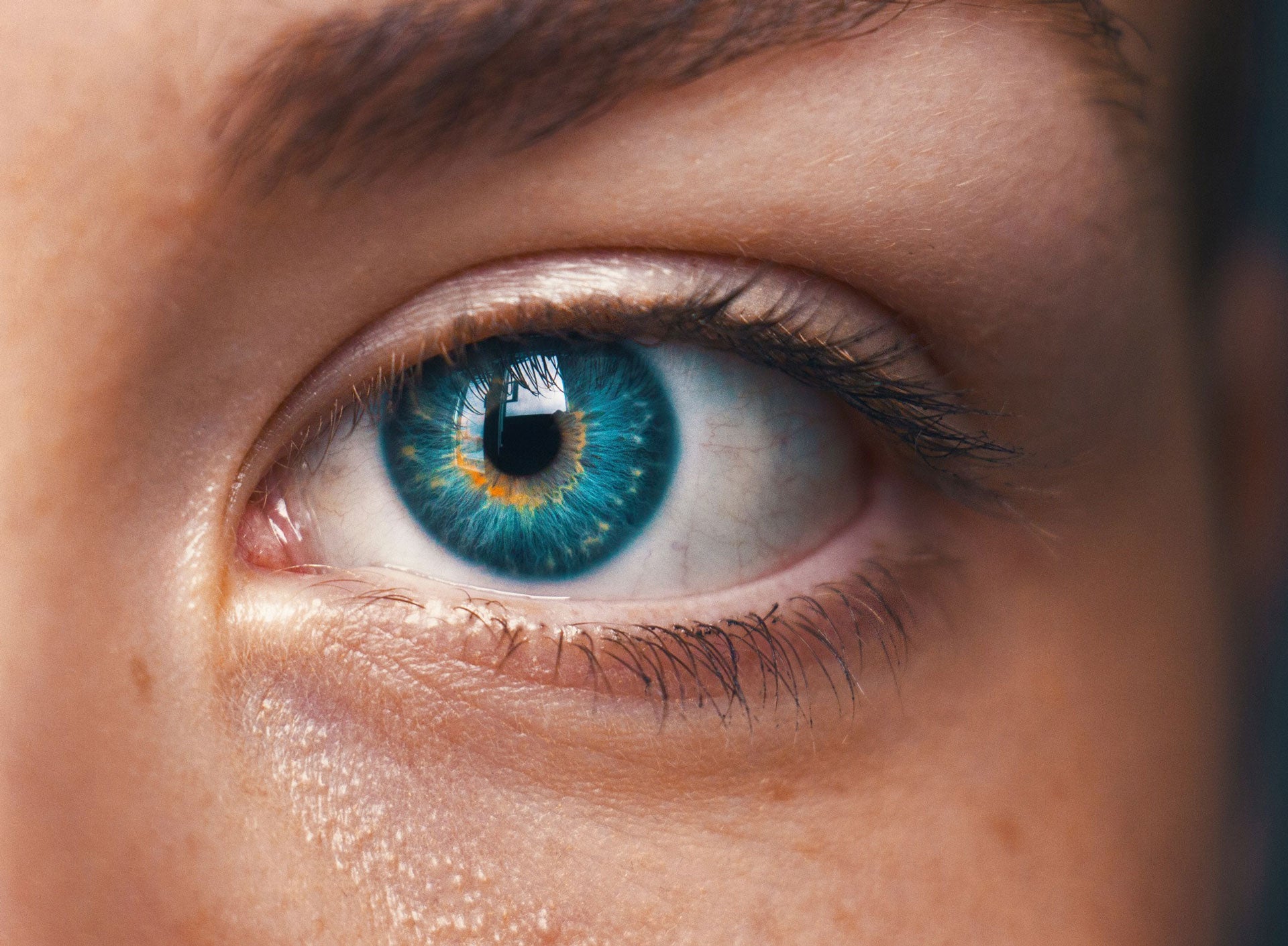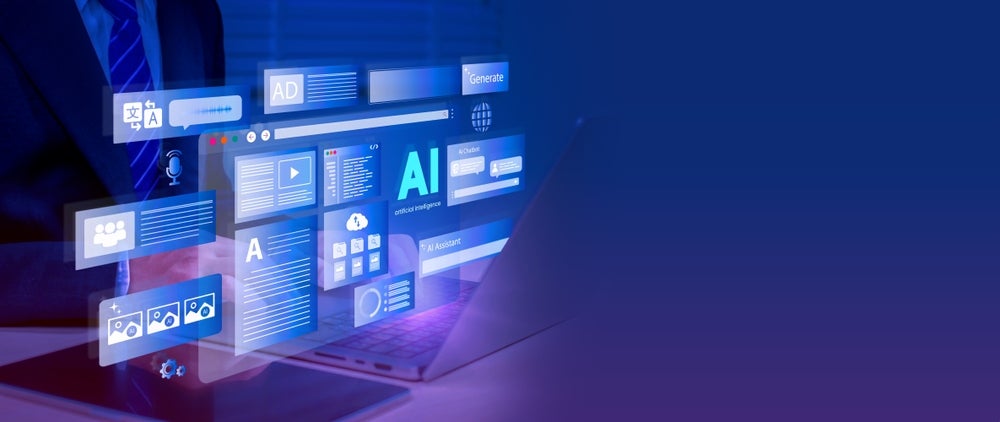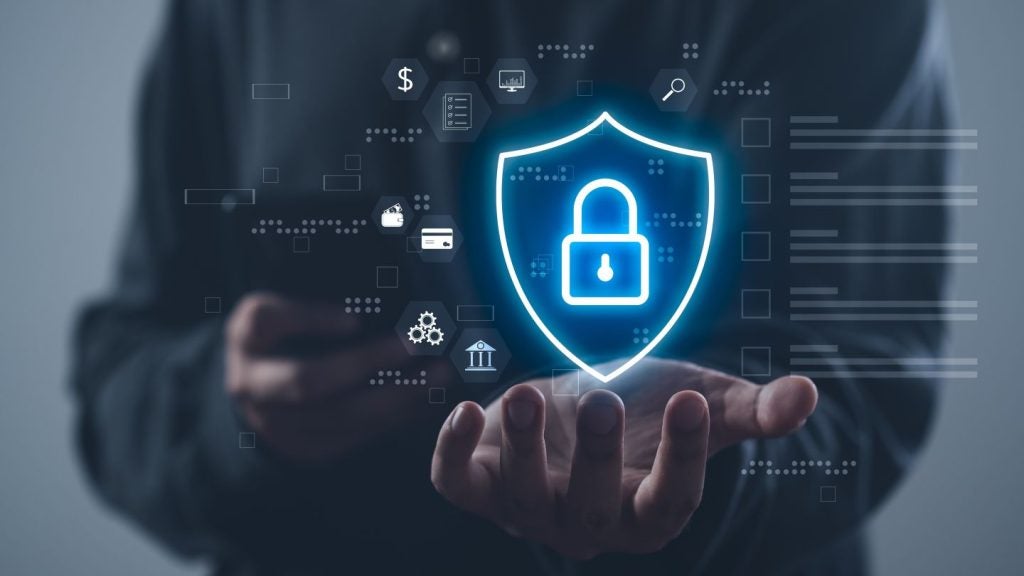
An iris biometric system built on blockchain technology is set for clinical trials to assess its use for patient recognition in the healthcare industry.
The system, which is already used by the United Nations to combat human trafficking and the World Food Programme to support refugees, uses scans of the eye to verify a person’s identity.
It’s use in healthcare will be through the Patientory app, developed by US company Patientory and trialled in collaboration with UK-based IrisGuard.
The app will allow healthcare providers to verify the identity of patients seeking treatment and is designed to combat both fraud and inaccuracies in the healthcare system, which can see patients matched with the wrong records.
According to the Pew Research Center, up to 20% of patient records can be matched inaccurately, which not only increases costs but, in some cases, can severely risk patient safety.
All patient data, including histories, prescriptions and transactions, will be logged through the system, which will be secured and verified using the underlying blockchain network.
Blockchain eyes healthcare
The iris biometric system is built on the blockchain due not only to the need for significant security, but the importance of a fast verification process.
“This technology can help providers identify an individual with unparalleled accuracy, through iris-recognition and data matching,” explained Chrissa McFarlane, CEO and founder of Patientory.
“And because it’s verified on the blockchain, it’s scalable without sacrificing data security – which is one of the main problems with our current healthcare-data infrastructure.”
The system is capable of verifying patient identification and information in less than three seconds, making it suitable for use in established healthcare environments without significant upheaval to the existing process.
Fighting healthcare fraud
The technology’s ability to combat fraud is another important aspect of its application, particularly given the growing problem of healthcare data theft.
“The [system] proactively enhances patient’s peace of mind knowing that healthcare providers are deploying the most accurate biometric/blockchain identification technology available today in an effort to ensure efficiencies of scale, privacy and trust in the healthcare authentication and authorisation processes,” said Imad Malhas, CEO of IrisGuard.
“This is particularly important given that one out of three Americans had their health care data stolen or hacked recently.”







